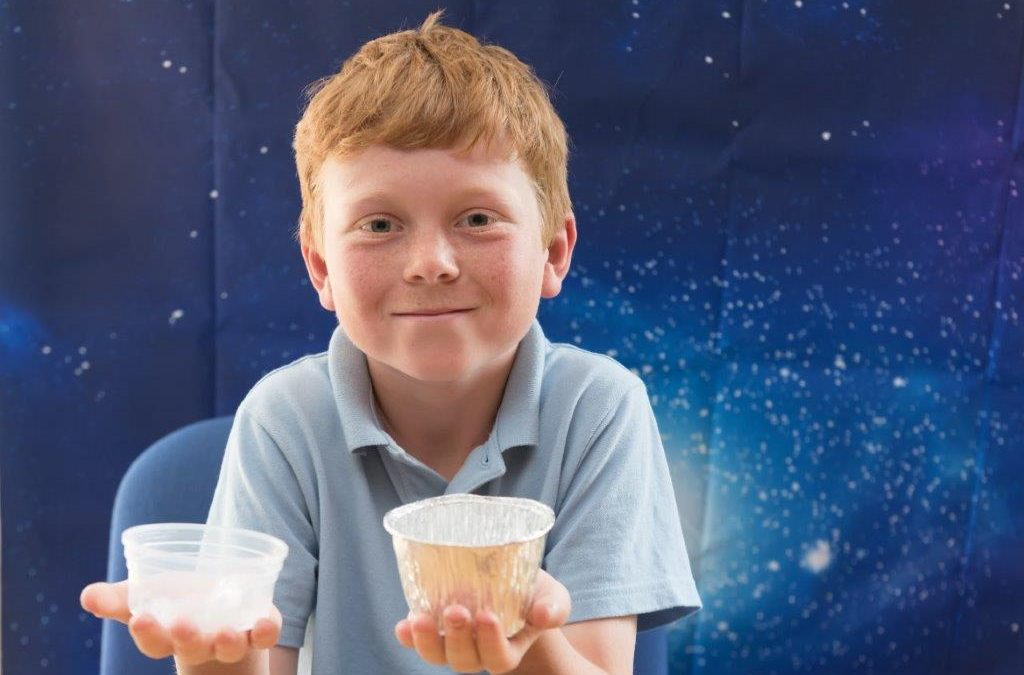Is there a smartphone smarter than you?’ And ‘Can a robot be a good friend?’ These are two of many Big Questions challenging school children in a quest to overcome barriers and constraints in the school curriculum.
Canterbury Christ Church University is leading on a £1.5m research project to establish how discussion in the school classroom can embrace Big Questions across science, religion and artificial intelligence.
The LASAR (Learning about Science and Religion) and Education teams at Christ Church will encourage children’s interest in a wide range of questions and give more of an insight into how different areas of knowledge interact.
Professor Berry Billingsley, Professor in Science Education, is leading the project. She said: “The pressure of exams means that a lot of school time goes into answering questions that fit inside subject compartments. We are researching ways to help children from age 5 to 16 build an understanding of Big Questions – and that has more impact than you might think.
“It means from the start children learn how to think critically about knowledge and it also helps us to answer one of the Big Questions that students have about school – why go?
“In today’s world a smartphone can answer questions and has access to vast stores of knowledge. What is school giving children that a phone can’t? We say a phone can give you facts, but an education can make you a scholar. Don’t go to school to answer questions – go to find out how to ask and investigate questions – and that involves Big Questions, because they are important too.”
The research “Epistemic Insight Initiative” is being made possible through funding by Templeton World Charity Foundation, the Royal Academy of Engineering, The National Collaborative Outreach Programme, All Saints Education Trust and Institutional funds.
With the direct support of the University’s trainee teachers, research findings will be used to create a curriculum framework for primary and secondary schools. Dr Lynette Turner, Dean of Education at Christ Church, said: “This initiative highlights precisely the type of innovative work that the Faculty of Education at Christ Church University supports and develops. The Big Questions Day demonstrates our commitment to pushing boundaries in our training of future teachers and in our engagement with our partner schools who experience, first hand, not only the benefits of cutting-edge research but are able to contribute to it too.
A recent event at Christ Church highlighted Big Questions in action. More than 400 school children, trainee teachers and teachers took on puzzles like: Can a robot ever truly have a sense of curiosity? Will there be a robot that falls in love? Why does the universe exist and can genetic engineering make better people?
Download the Epistemic Insight brochure here:EI-ITE-brochure-8May19

